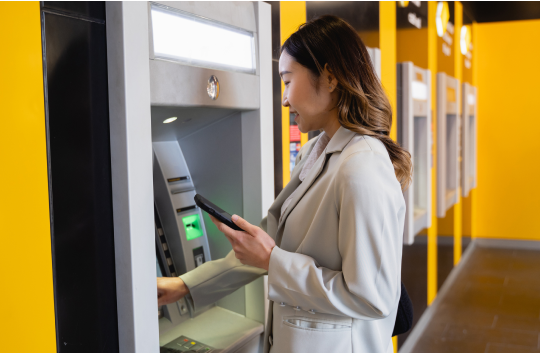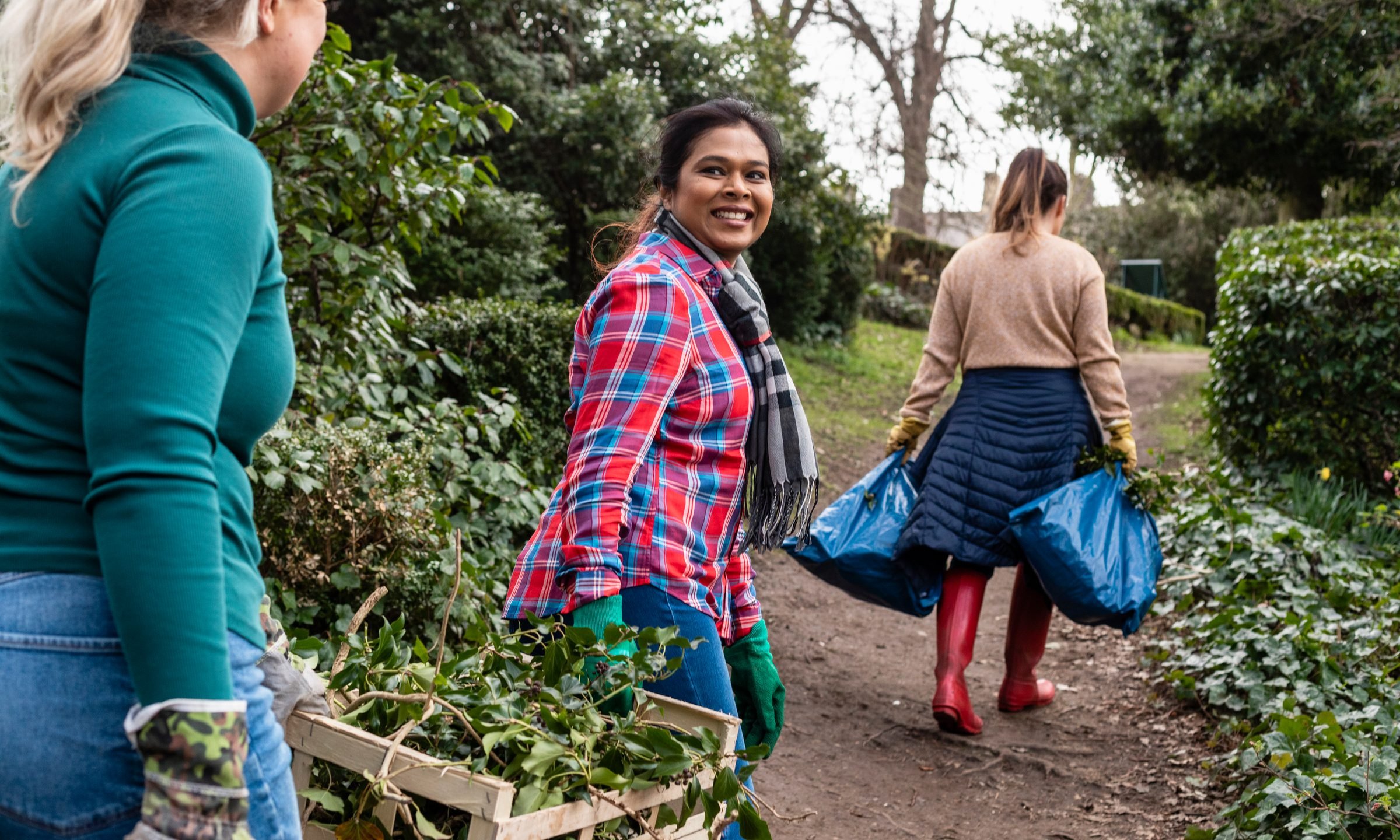Use your purchasing
power for good
power for good
When you make smart, socially conscious financial decisions, you can reach your goals while affirming your values. Read on for socially responsible investing and banking resources — including articles, videos, and podcasts — created by our Nerds.

Interested in a particular topic?
Jump to more articles below.
Build your portfolio — and a brighter future
Investing in socially conscious companies isn’t just good for the world — it can be good for your portfolio, too. Check out these popular articles on meeting your investment goals while powering positive change.
Racial and ethnic equity
LGBTQ+ and gender equality
Climate-friendly investing
Socially conscious banking is smart banking
With the right strategy, you can find a bank or lender that aligns with your practical needs and your personal values. Read these trending articles to learn more.
Minority-owned banking
Bank and credit union reviews
Ready to give back — and get ahead?
These additional resources can help you plan your next financial decision.
Visit our newsroom
Want to explore socially responsible finance beyond investing and banking? We’ve got you covered.
Mortgage Lenders Serving Black Communities
39 Green Business Ideas for Sustainable Entrepreneurs
Aspiration Launches ‘Zero’ Credit Card Aimed at Curbing Carbon Footprint
Best-Performing ESG Funds and Cheapest ESG ETFs
Credit Cards Charge Ahead With Rewards for Driving Electric
Estate Planning 101 for LGBTQ+ Couples
Experts Share Tips on Overcoming the Disparity in Generational Wealth
How Generational Trauma Affects Your Finances and How to Heal
How to Find a Black Financial Advisor
LGBTQ+ Personal Finance Guide
Survey: Just 23% of Investors Align Most Investments to Their Values
The Explainer Guide to the SBA 8(a) Program
ESG for Beginners: Environmental, Social and Governance Investing








































